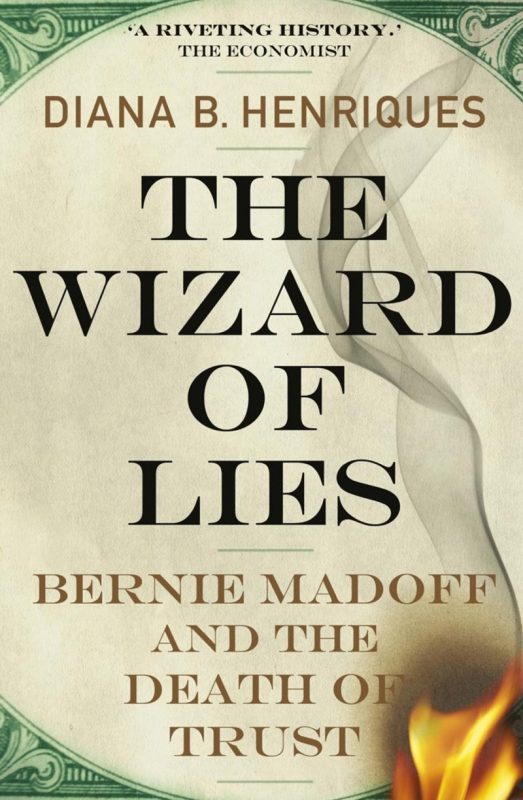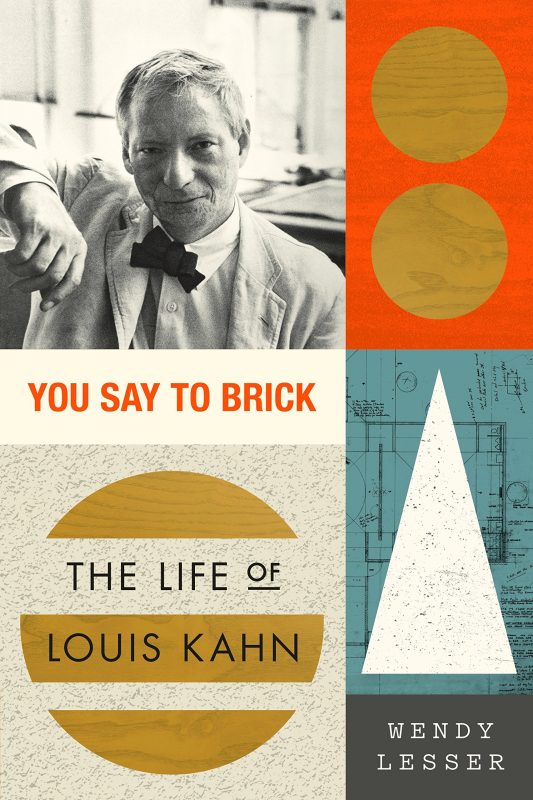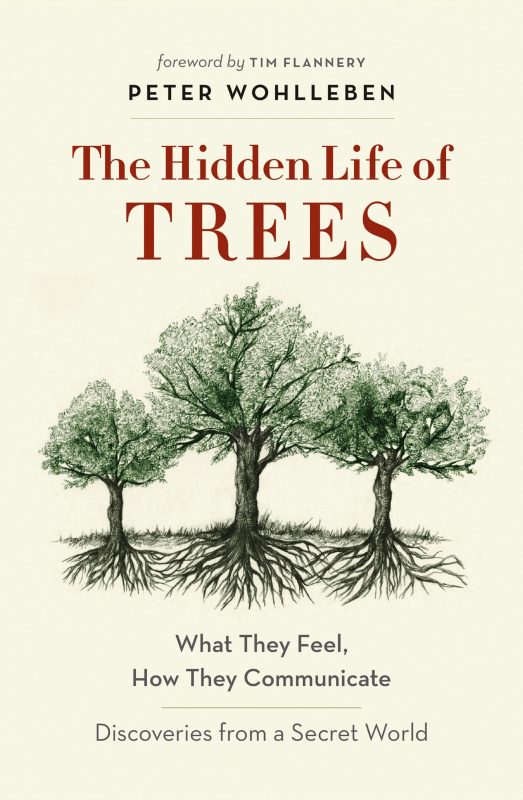Our 2017 Summer Reading List from Yale SOM Faculty
Balmy weather brings thoughts of books to provide escape, adventure, and ongoing education. We asked some of our faculty members to share their recommendations for works that have inspired and informed them.
Rick Antle
William S. Beinecke Professor of Accounting
The Wizard of Lies by Diana B. Henriques and The End of Normal: A Wife’s Anguish, A Widow’s New Life by Stephanie Madoff Mack
In the aftermath of the financial crash of 2008, many investors already reeling from huge stock-market losses found out that the one place they had thought was safe to put their money, Bernard L. Madoff Investment Securities, was in fact the largest and most long-lived Ponzi scheme ever discovered. These books cover various aspects of how it evolved, the narrow escapes Madoff orchestrated, the failure of regulators to uncover the scam, and the human toll Madoff’s criminality eventually exacted on his family.
Assholes: A Theory by Aaron James
Management inevitably involves dealing with people, and dealing with people inevitably involves dealing with, well, assholes. By carefully analyzing who does and does not merit the label, James provides invaluable insight into the behavior of difficult people that forms the key to coping with and perhaps even managing them. Along the way, he analyzes many other behaviors that—while they might fail one or another of the requirements to put the perpetrator into this category—are difficult to handle, nonetheless. This book will change your life.
Michael Bierut
Lecturer in the Practice of Design and Management
If you’re a member of the Yale community, you can’t escape the work of architect Louis Kahn: the campus is home to two of his masterpieces, the Yale University Art Gallery and the Yale Center for British Art. You Say to Brick: The Life of Louis Kahn is a definitive and highly readable biography by Wendy Lesser that reveals the brilliant (and notoriously elusive) man behind the work.
James Choi
Professor of Finance
I would recommend Unbroken: A World War II Story of Survival, Resilience, and Redemption by Laura Hillenbrand. This inspiring and incredible true story of human resilience puts one’s own struggles into perspective, and carries a powerful lesson on how to conquer the demons of one’s past. I hear that the movie based on the book was mediocre—it glosses over the best part of the book, which is when the protagonist returns to America—but don’t let that deter you from the book itself.
 Shane Frederick
Shane Frederick
Professor of Marketing
I enjoyed Bad Science by Ben Goldacre, because of his unflinching criticism of shabby thinking, and The Undoing Project: A Friendship That Changes Our Minds by Michael Lewis, because it fleshes out the psychology that was only the implicit backdrop to Moneyball, and because it affords a look at how outsiders see “my” field.
Anjani Jain
Senior Associate Dean for the MBA Program & Professor in the Practice of Management
The Captive Mind by Czesław Miłosz. Written in 1953 by the Polish Nobel laureate, this is an enduring account of the sway authoritarianism can hold on people and lead them, in the words of Tony Judt, “from autonomy to obedience.” To me, this book, an autobiographical account of Miłosz’s formative years between the wars, is a nonfiction complement to Orwell’s 1984, and worth (re)reading with fresh eyes.
Marissa King
Professor of Organizational Behavior
The Happiness Track by Emma Seppälä is a thoughtful and well-researched exploration of why happiness and fulfillment are the keys to sustainable success. And the book provides terrific justification for taking a vacation.
 Fiona Scott Morton
Fiona Scott Morton
Theodore Nierenberg Professor of Economics
The Hidden Life of Trees by Peter Wohlleben. This is a totally amazing description of how trees communicate and their social lives/structure. It will change the way you think about the forest.
 Olav Sorenson
Olav Sorenson
Frederick Frank ’54 and Mary C. Tanner Professor of Management
The Box: How the Shipping Container Made the World Smaller and the World Economy Bigger by Marc Levinson is an excellent history of how a relatively recent innovation, the shipping container, changed not just transportation but the entire geography of manufacturing and commerce.
Moneyball: The Art of Winning an Unfair Game by Michael Lewis. The movie is good, but the book is better, particularly in terms of understanding how biases often drive decisions and the opportunities that opens for arbitrage. I have used this book many times as a teaching case.
Jacob Thomas
Williams Brothers Professor of Accounting and Finance
Jay-Z has impressed me with his business acumen, especially the innovative promotions of his and Beyoncé’s upcoming projects and partnerships with major brands. Wanting to know a little more about the person and his lyrics, I decided to wade into his Decoded. Fascinating!



